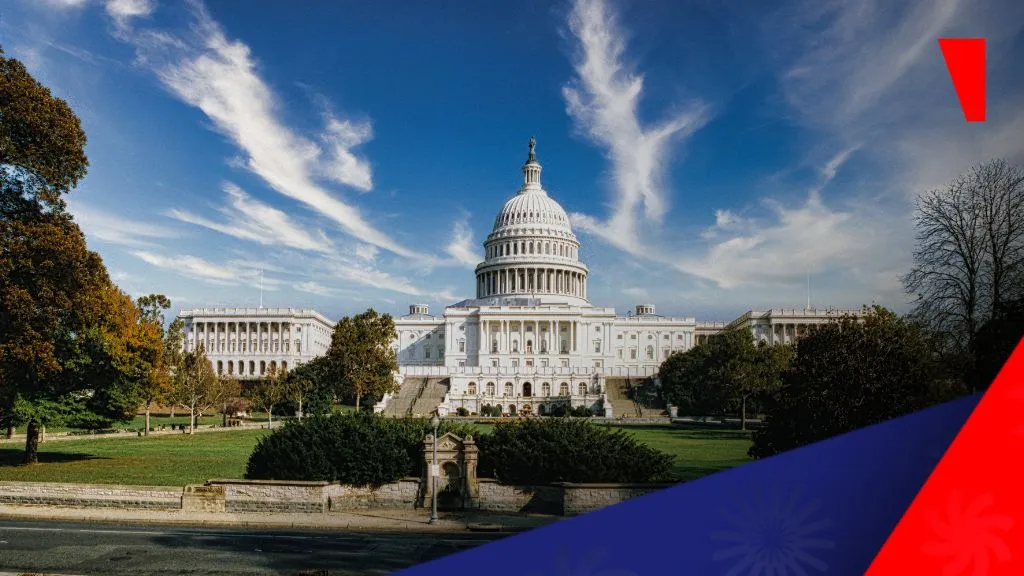Sports betting is rapidly expanding across the United States, but the reality is that not every state has legalized online betting yet. For millions of fans who want to place a wager, this can feel frustrating and confusing. The landscape of gambling laws in America is patchy — while some states like New Jersey, Pennsylvania, and New York allow full online sportsbooks, others only permit retail betting at casinos, and many still prohibit sports betting entirely.
This raises an important question: How can someone bet in states where online betting isn’t legal yet, without breaking the law? The answer isn’t always straightforward. While there are safe and legal options, there are also risks if you turn to offshore sites or unregulated apps. This guide breaks down the current situation, your alternatives, and what to do while waiting for legalization in your state.
Also read: 2028 Olympics Host: Here’s all about host city, dates
Check your state laws first
Before placing a bet, the first step is to confirm whether your state allows any form of sports betting. Some states restrict only online betting but permit wagers at physical casinos or sportsbooks. Others ban all forms of sports gambling. Checking the official state gaming commission website is the safest way to understand the rules.
Legal alternatives if your state doesn’t allow online betting
1. Retail sportsbooks
Even in states without online platforms, you may still be able to bet at in-person sportsbooks located inside casinos, racetracks, or tribal gaming centers. This is common in states with partial legalization.
2. Daily fantasy sports (DFS)
Sites like DraftKings and FanDuel often operate legally in states where traditional sports betting isn’t allowed. While not exactly the same as betting, DFS offers a way to use sports knowledge in competitions with cash prizes.
3. Social and sweepstakes betting apps
Some apps allow you to play with virtual currency that can be redeemed for cash prizes. These operate under sweepstakes laws and are legal in many states.
4. Travel to a nearby legal state
Many bettors living close to state borders simply cross into a legal jurisdiction to place bets. Geolocation technology ensures that bets can only be placed within state lines. For example, residents of Illinois often drive into Indiana to bet.
What you should avoid
- Offshore sportsbooks: These websites may accept US players, but they are not regulated, which means your money and personal information are at risk.
- Illegal local bookies: Some people turn to underground betting. This not only risks losing money but can also result in legal consequences.
How to prepare for legalization in your state
- Stay updated on state legislation: Bills are regularly introduced to expand betting access.
- Learn the basics now: Read guides on odds, spreads, and parlays so you’re ready when legal sportsbooks launch.
- Sign up for early offers: Many sportsbooks offer pre-registration bonuses when new states legalize betting.
Also Read: Line shopping in US: Why odds differ across states and sportsbooks
FAQs
1. Can I use a VPN to access legal sportsbooks from my state?
No. Sportsbooks use strict geolocation checks. VPN use violates terms of service and may result in account closure.
2. Are sweepstakes and social sportsbooks legal everywhere?
They are legal in most states, but some jurisdictions have restrictions. Always check app terms before playing.
3. Is it safe to bet on offshore websites?
No. Offshore sites are unregulated, meaning you have no protection if funds are withheld or disputes arise.
4. Which states are expected to legalize online betting next?
Several states, including California, Texas, and Georgia, have ongoing discussions, but timelines are uncertain.
5. Can I get in trouble for betting illegally in my state?
Yes. While penalties vary, you risk fines or other consequences if caught using unregulated services.








